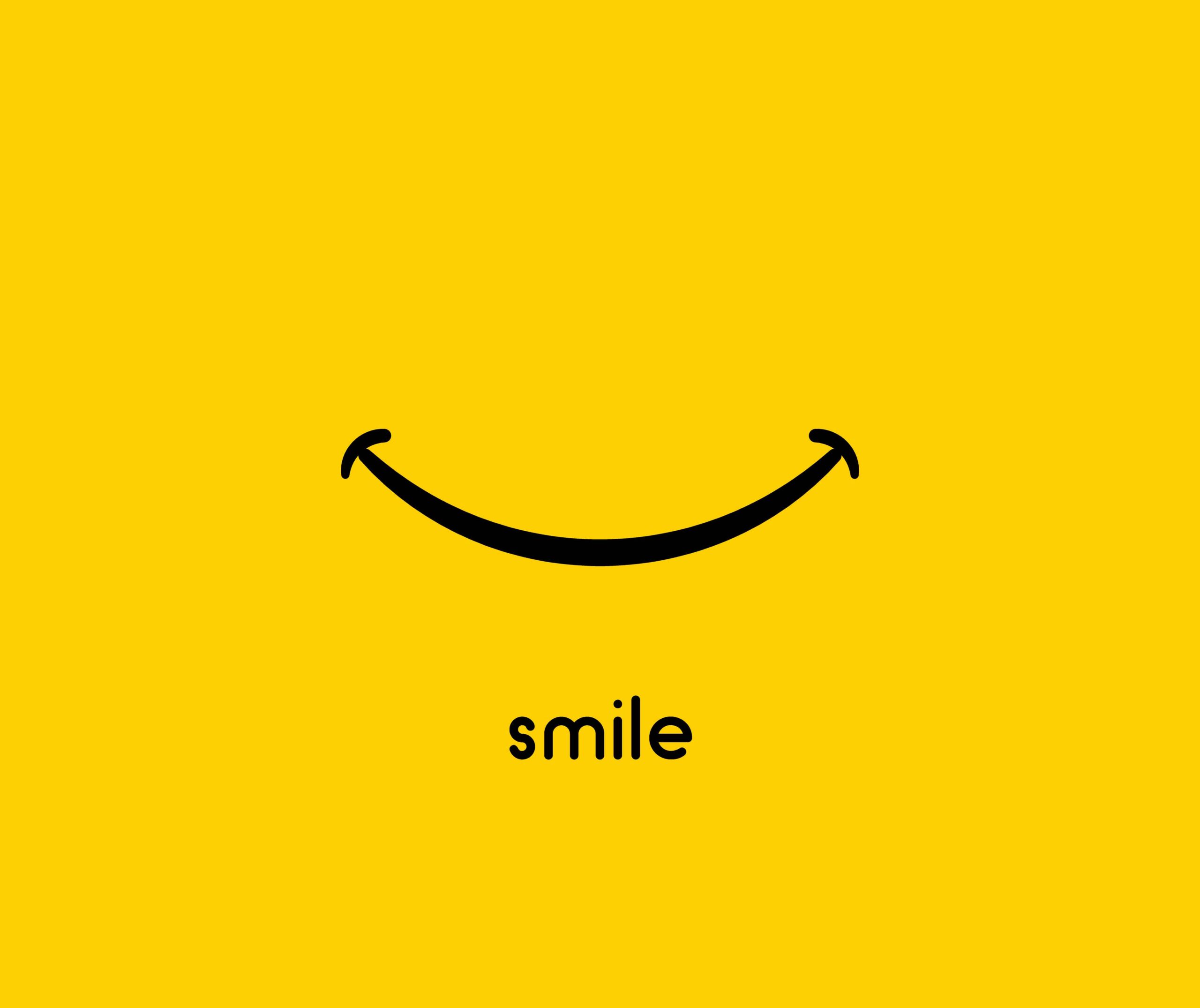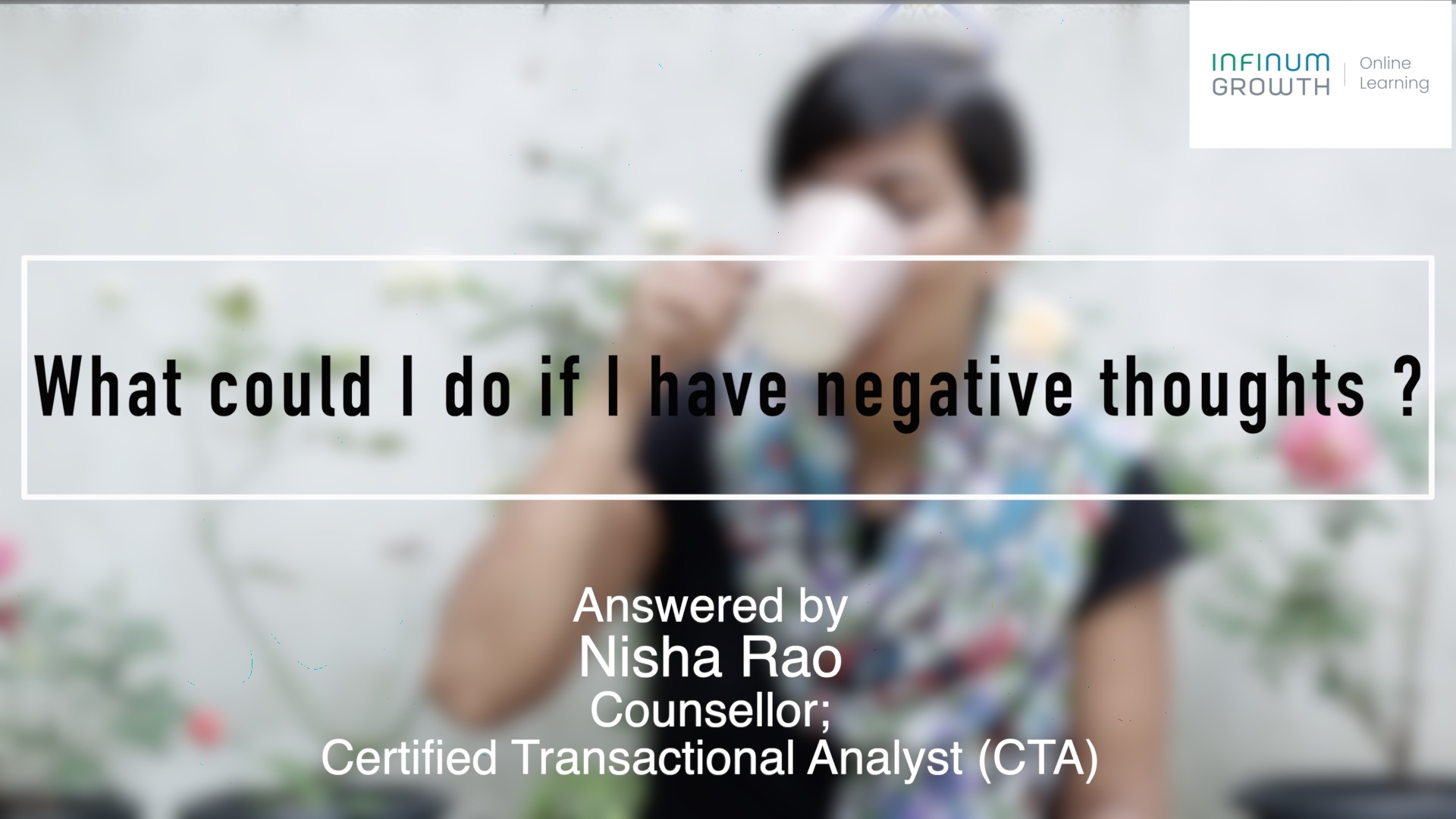Some of the common artifacts across most cultures are those that are believed to ward off the evil eye; to absorb or expel negative energy.
This has intrigued me; the belief down the ages (in totally diverse geographical locations, with different historical experiences), of the need to protect oneself from the evil eye, what we in India commonly call ‘buri nazar’. The Greek philosopher Plutarch is said to have spoken of the rays that emanated from the evil eye, potentially causing harm.
Beliefs around jealousy, envy and the ‘evil eye’
Wearing an amulet of some kind, hanging a talisman outside the house or shop, evil eye beads, red thread tied on the wrists, a black mark on a child’s forehead are some of the practices to fend off the evil gaze. Why is it done?
It all stems from a fear of impending harm that can result from the ‘attack’ of some ill will – intentional or unintentional. It could be envy, jealousy, unresolved longing or comparison, wishing somebody bad…..
Interesting, isn’t it, to naturally expect that there will be many who will not be happy or appreciative if something good happens to us? Even if we mean them no harm?
The perceived power of the emotions of jealousy or envy has been so strong as to generate a ‘machinery’ from ancient times to stave it off.
So what are these emotions of jealousy and envy all about?
Ritavya was beside herself. Her husband of six years had found himself another paramour and she was blinded by jealousy. She wanted to punish and get back at the ‘other’ girl. She beat herself up with questions about what she lacked that the other girl had, that had attracted her husband. Hurt, insecurity, self doubt, fear, comparison, questioning self worth and intense jealousy pushed her to a mental breakdown.
“I knew this would happen. Ever since the new neighbour came I could sense that she was extremely envious of us being happy together. That negative energy pushed my husband away.” It took months for her to get a hold over herself and take charge of her life.
Jealousy and Envy, both emotions show up in the above example.
Jealousy involves three entities
Jealousy is an emotion that is usually in response to a perceived or sensed threat to a relationship, position or a possession we value. There is a fear of it being taken away.
- A close friend spending time with a new friend (giving a feeling of being replaced)
- A romantic partner talking to or getting close to another (scared of losing partner’s love, affection and attention)
- Sibling rivalry (feeling that parents love the other child more)
- Competition at the workplace in terms of recognition, promotion or higher salary.
These are all typical examples of situations promoting jealousy.
It has often been seen to involve a mix of other emotions like anger and resentment, a fear of loss, insecurity and a feeling of not being good enough. It is like zealously guarding what we have and value; and not allowing it to be taken away.
So the story is usually about three persons or entities – We, Who or What we care about and the Rival.
Envy involves two persons
Envy or being envious is an emotion, a longing, that wishes to have something that someone else has. Physical looks, lifestyle, wealth, achievements and recognition….
It evokes feelings of resentment and sometimes even admiration. So it is usually about us and the person we envy.
An example of envy – “I am so envious of all the travelling that she does. I also long to visit all these exotic places but don’t see it happening for me.”
In common parlance we often use these two words, jealousy and envy, interchangeably but they have a distinct difference with different triggers.
There may be situations when we experience both jealousy and envy together. “I am jealous of the attention that Boss is showering on Rajat and I feel ignored and abandoned. And I really envy the new posting he has been offered overseas.”
When are jealousy and envy harmful?
Jealousy becomes harmful when we get into –
- Obsessive and over controlling behaviour in relationships.
- Extreme possessiveness that makes the other person feel claustrophobic.
- Becoming overly suspicious about the other person, even when not warranted, leading to lack of trust. This eats away at a relationship.
Jealousy causes anxiety, stress and reactive responses in regular routine life. In a romantic relationship where the partner is seeing someone else, there could be a desperate bid to woo back the person; sometimes by behaving in a way which robs one of all self respect.
Some typical effects of jealousy include:
- Obsessive negative thoughts that are intrusive.
- Being unable to enjoy the relationship.
- Damaging sense of self worth.
- Leading to conflicts and disharmony.
- Generating a feeling of taking revenge.
- May lead to competition and rivalry in personal relationships or even at work.
The feeling of jealousy could be so intense that one loses focus. For example at work one is unable to put in one’s best, being plagued with feelings of jealousy towards a colleague.
At times immature behaviour patterns may be triggered by jealousy.
Envy, on the other hand has the following effects –
- Comes in the way of building a genuine relationship.
- Could make one feel like a victim who has been denied something.
- Leaves little place to be grateful for what one has.
- Could lead to bitterness and low self esteem, if one is constantly in the comparison mode.
- Focussing on what someone else has takes away, instead of working on one’s personal skills.
- Constant hankering for what someone else has leads to continuous unhappiness.
Can jealousy and envy be useful?
This is a tricky question. Most of us experience these feelings at some point in varying doses. There are differing opinions on whether they are useful. Like anger, if handled and channelled thoughtfully, could be used positively. For example if a person is angry with the way the environment is being destroyed, it could provoke him or her to take positive action to build awareness and take steps to protect it.
So the burden is on us, how we process the emotion and how we respond.
Uses of Jealousy
‘Jealousy in romance is like salt in food. A little can enhance the savor, but too much can spoil the pleasure and, under certain circumstances, can be life-threatening’. Maya Angelou..Goodreads quotable quotes.
- Jealously may be useful if it’s in small doses. For example in a relationship it could help us become aware of what truly matters to us and we learn to value and nurture it more sensitively. Alongside change our behaviour where needed. Thus avoid serious problems going forward.
- It could help in actually strengthening a relationship if we realise its value and communicate it to the person and also reassure the person.
- The communication channel needs to be kept open so that feelings can be discussed honestly and respectfully, without belittling the partner’s feelings.
- Care needs to be taken to not use jealousy as a tool to manipulate the partner. For example: “It is only because I love you that I get so jealous when you give attention to anyone else. I want you all to myself.”
- It could help us work harder to improve ourselves if we handle the emotion maturely and do some self introspection.
Uses of Envy
Envy could be useful if –
- We become aware of our emotion.
- Make a realistic assessment of the situation.
- Understand what exactly we are envious of.
- Then try and bring changes in our own life to achieve that if possible.
Handling Jealousy
The first step is to be conscious of one’s feeling. Accept it without judging oneself. And understand the cause of it. Depending on whether the cause is justified or not (for example if the spouse is actually seeing someone else) one can take sensible action accordingly.
Try and move forward to improve oneself, develop new skills. Look after oneself in every way to build one’s own self esteem. A depleted sense of self worth often makes a person insecure and that can feed jealousy.
Ganika fabricated vicious rumours about her colleague with whom she was in competition. It was fuelled by her intense jealousy of the colleague’s success and popularity in the office which she believed was snatched from her. The plan backfired and she lost credibility amongst her peers. People understood her game. With help from a counsellor Ganika eventually realised and accepted her driving emotion and channeled her energy into working on her own growth.
Jealousy was draining her and she was either stuck or regressing. She now focused on sharpening her own strengths, carving out her own niche and finally walked on an independent path of progress. Unfettered by the chains of jealousy.
Some possible ways to handle Jealousy –
- In the event of jealousy in a relationship, talk openly with one’s partner, discuss one’s feelings and listen to what the partner has to say. Building trust is essential. Allow maturity and a calm mind to lead one instead of an impassioned act led by jealousy.
- Often a past relationship of one’s partner causes jealousy and anxiety. And a regular dose of validation from the partner is sought. See it for what it is – the past. Instead of repeatedly revisiting it, try and focus on the here and now. And work on that.
- Talk about issues that make one insecure in the relationship. Use ‘I’ sentences when talking about one’s feelings instead of ‘You’ and blaming.
- Say one values the relationship and one’s partner discloses feelings of jealousy or insecurity. Instead of dismissing it, assure the partner of one’s commitment to the relationship. And the willingness to work together to sort things out. Jealousy is only one of the emotions in the relationship that has many other aspects to it.
- Some people are more susceptible to the emotion of jealousy for a variety of reasons. If one is uncomfortable with the manner in which it is being expressed, first reassure the partner about the relationship. Then express one’s personal discomfort with the way the jealousy is impacting.
In the delicate balance, to keep harmony, both partners need to be open to change. Since both are active ingredients in the problem, both can be equal participants in resolving it.
Handling Envy
Some ways to handle Envy –
- Acknowledge the feeling and understand where it is stemming from. Are we unhappy, dissatisfied or discontented about something? What exactly is it that we are envious of? Use this insight to understand what we need to do to feel more contented and work towards that.
- Move away from comparisons instigated by social media and people who encourage it. Be the best version of oneself. Keep the company of encouraging and positive people.
- Consciously think of all the things we can be grateful for. It shifts the focus to what one has and not get stuck with what someone else has.
- Identify one’s personal strengths, qualities and skills. Align oneself and one’s path to one’s inner calling and progress on that path. Every individual’s journey is unique.
- Set your own SMART (specific, measurable, achievable, realistic, time-bound) goals and work towards that.
- Reading biographies of how people achieve their goals is a useful method to appreciate the hard work that goes behind the end product that we are often envious of.
- Understand that another person’s achievement does not take away the opportunity for us to move ahead and blaze our own trail. Januka’s friend with whom she attended music classes, won a competition and went on to become a singing sensation. Januka felt envious and disheartened because she too sang well but fame eluded her. She then set up a music academy, trained many voices who went on to win accolades and she conducted music programmes that received excellent reviews.
- In a steadier frame of mind one can think with clarity and behave more thoughtfully and mindfully. For example if we envy someone his or her oratorical skills, we could work on ourselves, attend courses if possible and build our own personal brand of addressing an audience. In other words, shift from envy to inspiration for self betterment.
Jealousy and Envy are complex emotions. With careful handling, one can move beyond these to secure relationships and maintain peace of mind.
Like this article? Check out Sumita Banerjea’s book Script Your Life Your Way, with a collection of articles along with some self work questions to explore yourself, available online at Amazon.

Do you experience such emotions often? Come have a conversation with a mental health professional at InfinumGrowth to move beyond these.
Please do leave your comments at the bottom and do share with others if you like this article.
















Very useful article. Must read
Very useful article. Must read for everyone
Grateful for your feedback Afshan. Am happy you found it useful
Working towards improvement instead of lamenting in resentment is a point well put forward.
Working towards improvement instead of lamenting in resentment is a wonderful takeaway from the article. Thank you Smita
A very complex topic explained beautifully in a clear way with actionable steps 👏
Thank you Abhishek. Your feedback encourages me to continue putting my thoughts to paper